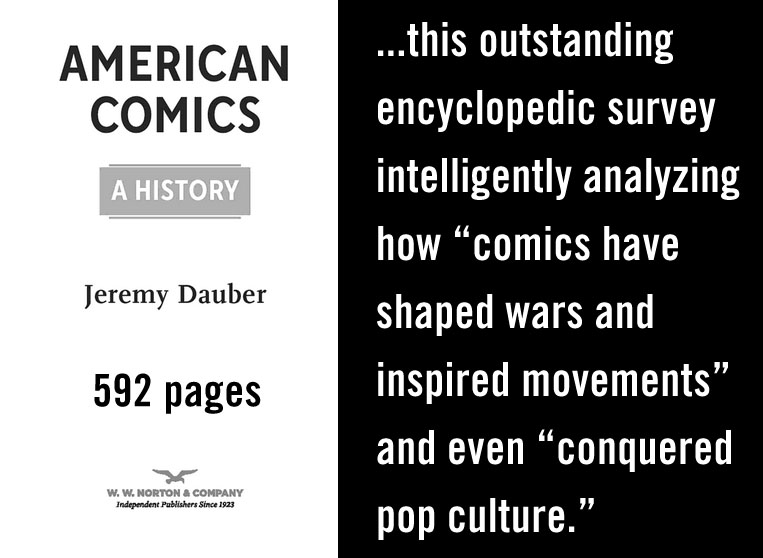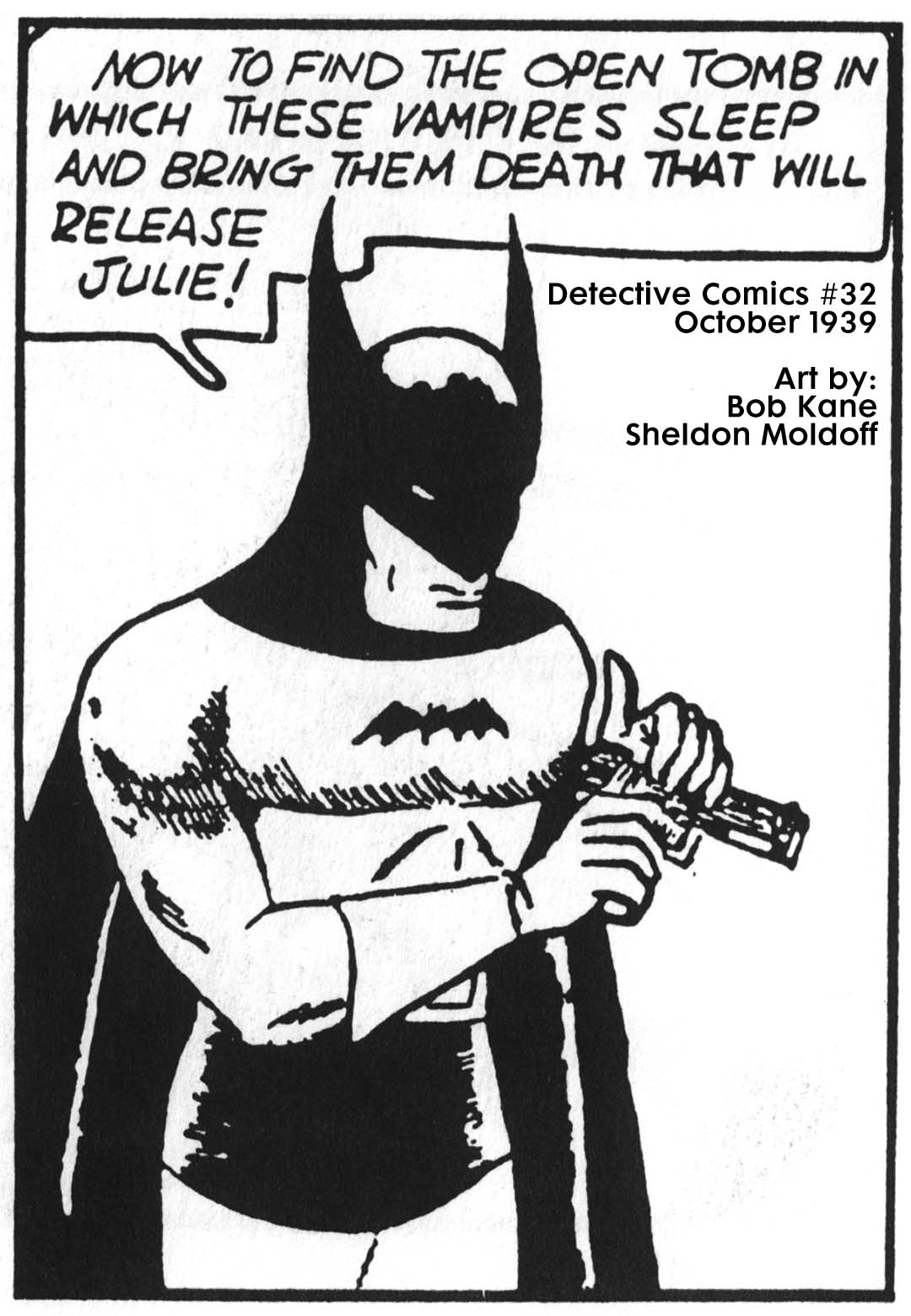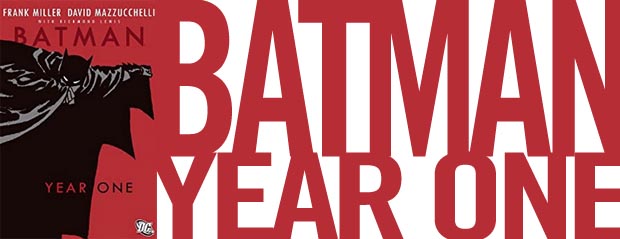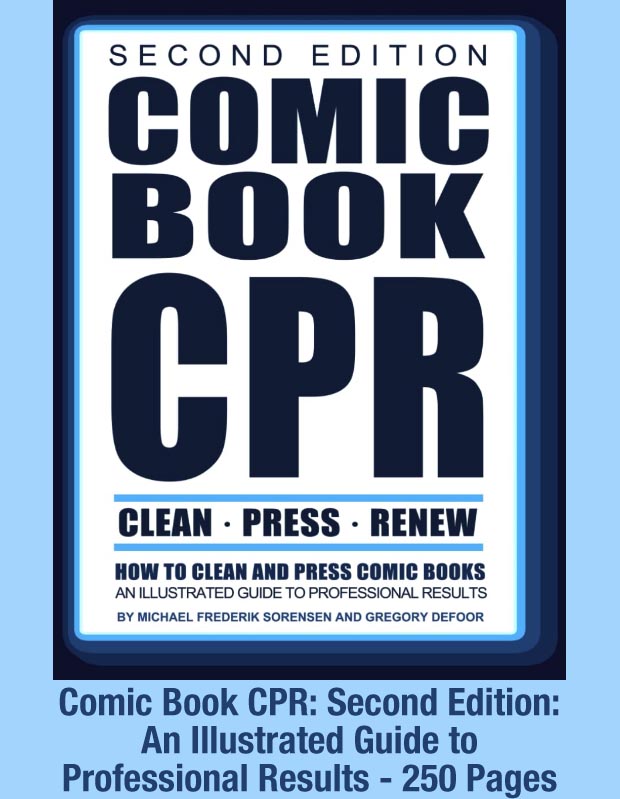Batman's "no kill" rule
About Batman's "no kill" rule – Yahoo News
In live-action movies, Ben Affleck’s Batman and Michael Keaton’s Batman didn’t necessarily follow this rule. Meanwhile, Christian Bale and Robert Pattinson’s Batman promoted it. Despite this, Bale’s Batman had a few instances where people died because of him..."
The original "The Bat-Man" of 1939 used a side-arm and tossed crooks off the tops of building roofs, but that version of Batman, and the reversions, are built around the idea that the Gotham Police would immediately take Batman into custody if given a chance because "The Bat-Man" is not just usurping the role of the police, but the entire court system of Gotham. The "other" Batman, which is more or less the official one owned by DC corporate and has been the standard since 1940, is a Batman that has a tacit agreement, at times, with the police, which entails not laying waste to the criminals of Gotham, but assisting, through superior duplication, the police and their function to turn criminals over to the courts for due process (even if that "due process" role is romanticized so that Batman's "rogues gallery" always end up at Arkham asylum instead of exposed as simple amoral crooks).
The "no kill" rule runs up into simple logic at times, such as the conundrum of killing off (or not killing off) The Joker since he is a homicidal over-achiever, and making him dead would put an end to his endless string of murders, but that obvious logic isn't applicable in a world like Batman's. His world is always in a suspension of the moment in which The Joker, and Batman himself, are all new and the issue of Gotham's everlasting crime-wave is also new, and the obvious (to us) logic of just putting The Joker out of Gotham's misery isn't a real choice, but instead a problem that hasn't been solved yet, with details that haven't been examined yet, a mystery with many avenues for explaining what's happening as the bodies pile up.
When that suspension is breached, whether by something like Frank Miller's The Dark Knight, or by the many futuristic tales of the "Batman Family" in which Batman hands over the mantle to a son, or when DC's writers play with religious mythology, Batman is moved out of the core beginning of the character. What began as a blend of Dracula, bat-imagery, a devil suit, circus acrobatics, a code of knighthood, 1930s pre-atomic bomb science optimism, Gothic horror films, and a visceral street-level reaction to the injustice of crime, plus the sheer humor of a costumed-hero victimizing criminals with a supernatural fearfulness that exposed them as both ignorant and gullible, is a straight-forward formula, but it's also a DNA that can get scrambled pretty easily when DC takes the reins off their writers.
There once was a statement in a Comics Journal interview where someone claimed that "The Punisher" was just Batman "with the lies taken out." That obviously doesn't make sense when compared to the formula blend I mentioned above because leaving a trail of dead criminals in his wake would eliminate one of the main purposes of Batman's labors, which is to humiliate crooks and to leave them standing, in handcuffs (or bat-cuffs), as a warning and an example of the inevitable end point of criminal activity in Gotham. Batman (or The Bat-Man) isn't a childlike refashioning of the pulp-hero dynamic that proceeded comic books, but an evolution of the heroic concept that marries together the anti-hero and society, with the character treating Gotham's criminals as a pathogen, and the hero then dresses as the pathogen to attack it.
Batman The Billion-Dollar Hero

Batman: Year One (Batman (1940-2011) - Amazon
More Batman on this website
Batman upgrades and downgrades
The Batman movie 2022 - Robert Pattinson
Adam West - Batman for All Time
All the Batmen - actors who played the Dark Knight
Batman and Robin 1997 - The greatest superhero film of all time
Batman Family - the past and future of Batman
Batman Returns 1992 - Tim Burton II
Batman V Superman Dawn of Failure
Batman the Billion Dollar Hero
Detective Comics #27 - First Batman appearance
Joker Graphic Novel by Azzarello
Is the Bat-suit funny looking, and Mask of the Phantasm

Related: More Reviews!
Review: Harley Quinn vs Zatanna #1 – Fighting in a void
Review: Conan the Barbarian #186 – Conan and a water nymph cooperate on a jailbreak
Batman Family #1, Sept-October 1975 – Batgirl and Robin battle a resurrected Benedict Arnold out to spoil the Bicentennial
Detective Comics #831 - Reforming Harley Quinn June 2007
Brave and the Bold #131, DC Comics December 1976 by Bob Haney with art by Jim Aparo
Review Adventure Comics #423, featuring Supergirl DC Comics Sept 1972
Review: Knight Terrors First Blood #1 DC Comics July 2023
Hell is a Squared Circle by Chris Condon and Francesco Biagini September 2022 AfterShock Comics
Review: Weird Mystery #4, Jan-Feb 1973
The Secret Life of Catwoman, Batman #62, Dec 1950–Jan 1951
The Origin of the Superman-Batman Team - review of World's Finest #94, May-June 1958, art by Dick Sprang
The Spirit Reborn - Review of The Spirit #1, Feb 2007 By Darwyn Cooke
Superman Confidential #1, January 2007 By Darwyn Cooke and Tim Sale
Richard Corben's Edgar Allan Poe – Poe's Haunt of Horror #1, 2006
Bloodstar - 1975 - Richard Corben
House on the Borderland 2000 - by Richard Corben
Review of the Joker Graphic Novel - Brian Azzarello and Lee Bermejo 2003
Review Harley Quinn #55, Feb 2019 - "We'll All Be Home for Christmas"
Edgar Allen Poe Haunt of Horror #1 2006 - by Richard Corben
Original Page August 20, 2023 | Updated August 24, 2023



